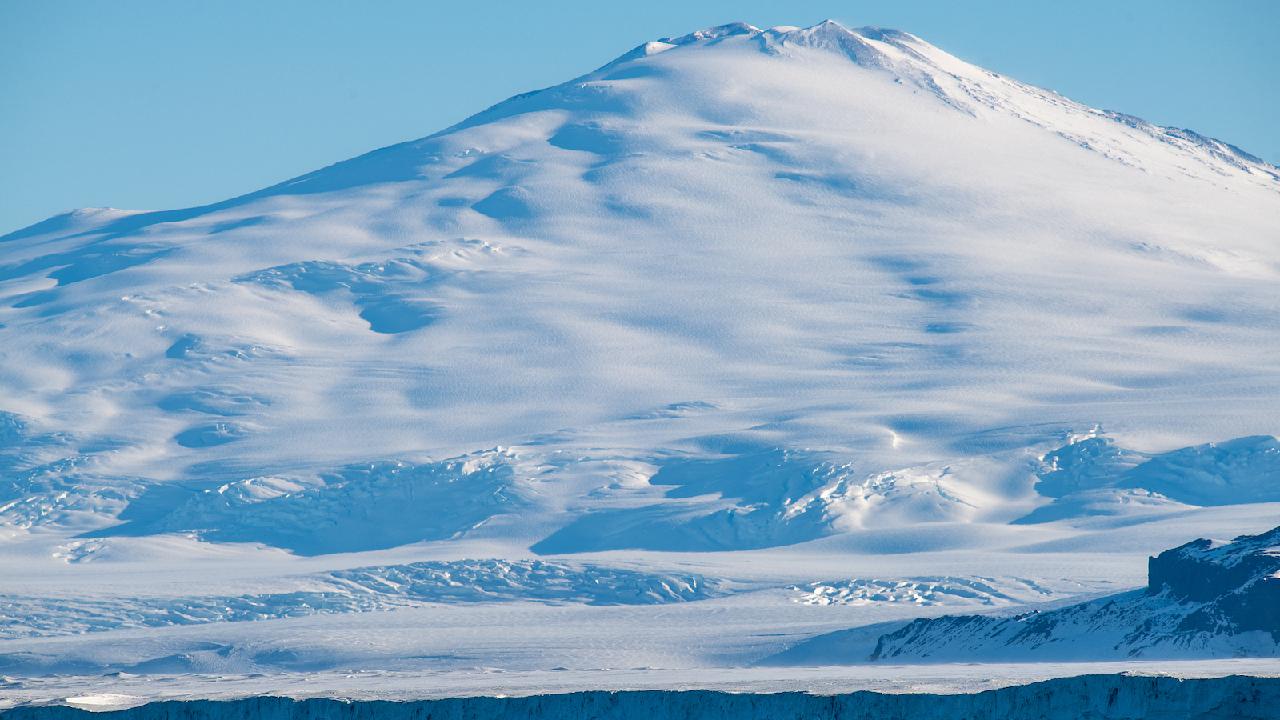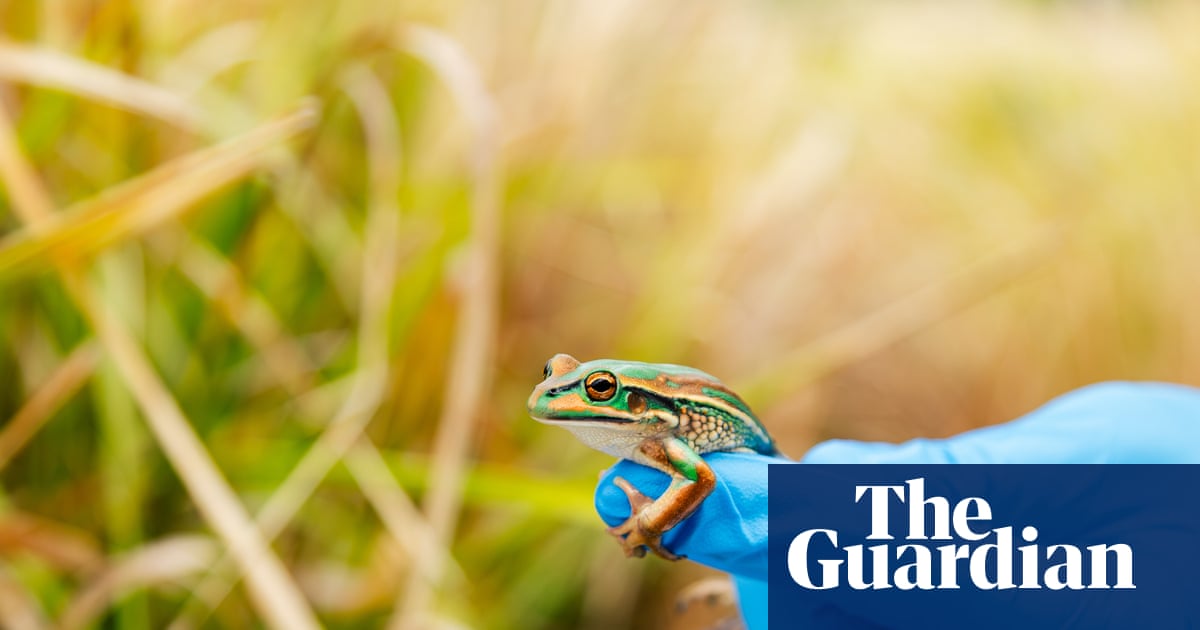
2 minutes ago
Scientists discover new anaconda species while filming a Will Smith documentary
Neutral
The Business Standard
Owner: Karim Family



3 minutes ago
Scientists pioneer first genealogy for volcanoes beneath Antarctic ice
Gov't Propaganda
CGTN
Owner: Chinese Government



3 hours ago
Scientists identify the antibody’s hinge as a structural “control hub”
Center-left
The National Tribune
Owner: The National Tribune Australia



an hour ago
Science itself seems to matter less and less: author Bill Bryson
Neutral
The Sydney Morning Herald
Owner: Nine Entertainment


2 hours ago
Scientists pioneer first-ever genealogy for volcanoes beneath Antarctic ice
Gov't Propaganda
People's Daily Online
Owner: Chinese Government



4 hours ago
Scientists pave way for faster, more stable chips
Gov't Propaganda
China Daily
Owner: Chinese Government



an hour ago
Scientists discover that jellyfish sleep like humans and it may explain the origin of sleep
Indeterminate
The Times of India
Owner: Sahu Jain Family



5 hours ago
Science Park pulls away from West Side in Essex County Inv. - Girls basketball recap
Neutral
New Jersey High School Sports
Owner: Newhouse Family



5 hours ago
Scientific Assessment Warns of Rising Pressure on Greece’s Free-Flowing Rivers
Neutral
Greek Reporter
Owner: Anastasios Papapostolou



6 hours ago
Scientists Just Linked This Frozen Fruit to Improved Heart Health
Indeterminate
EatingWell
Owner: IAC



an hour ago
Good luck Dua Leaper: scientists return frogs wiped out by fungal disease to wild
Center-left
The Guardian
Owner: The Scott Trust



2 hours ago
Nigeria Must Turn Scientific Research Into Actionable Health Solutions — Pate
Indeterminate
Daily Independent
Owner: James Ibori



4 hours ago
Russia Imposes Strict Controls on Scientists’ Foreign Travel to Unfriendly Countries
Indeterminate
Mezha
Owner: Terentyev Petro Alexandrovich



2 hours ago
CSIRO Scientist Receives Grains Industry Awards
Center-left
The National Tribune
Owner: The National Tribune Australia



3 hours ago
Babies see the world in more complex way than scientists thought — study
Neutral
1News
Owner: New Zealand Government



2 hours ago
Local young scientists shine at IRIS Global Symposium in India
Pro-Government
IOL
Owner: Iqbal Survé, Chinese Government & South African Government



3 hours ago
Eastside hosts Winter WonderLab science enrichment day
Neutral
The Cynthiana Democrat - Kentucky
Owner: Paxton Family



2 hours ago
OSU scientists develop new material that destroys cancer cells
Neutral
KTVZ - Oregon
Owner: Bradley Family


22 minutes ago
Berna Sozen Wins Vilcek Prize for Creative Promise in Biomedical Science
Neutral
Newswise
Owner: Roger Johnson (daughter Jessica is CEO)



3 hours ago
A great weekend for farm and food science
Neutral
The Westerly Sun - Rhode Island
Owner: Rhode Island Media Group & Sun Media Group



